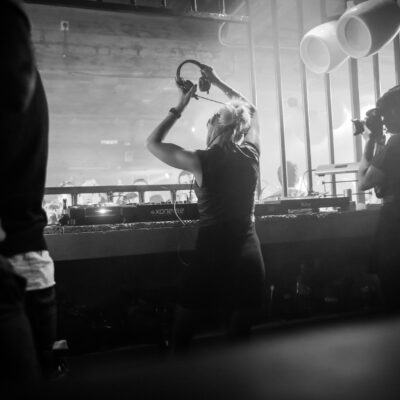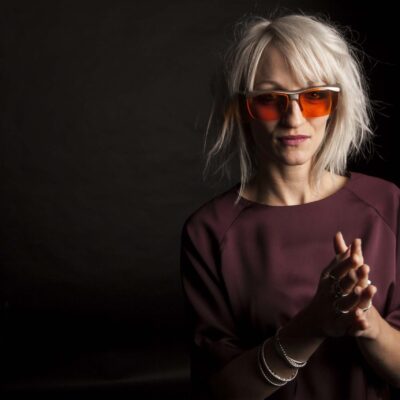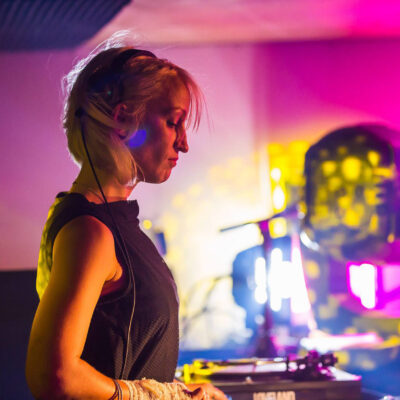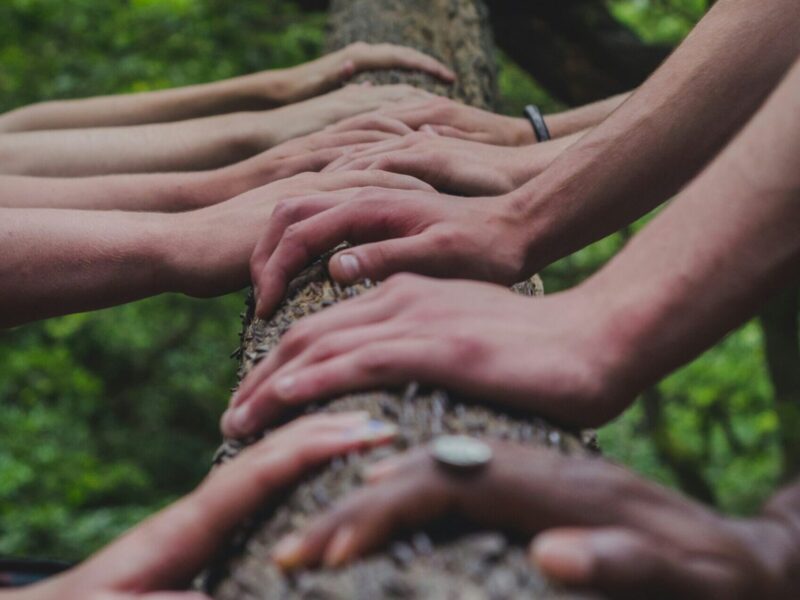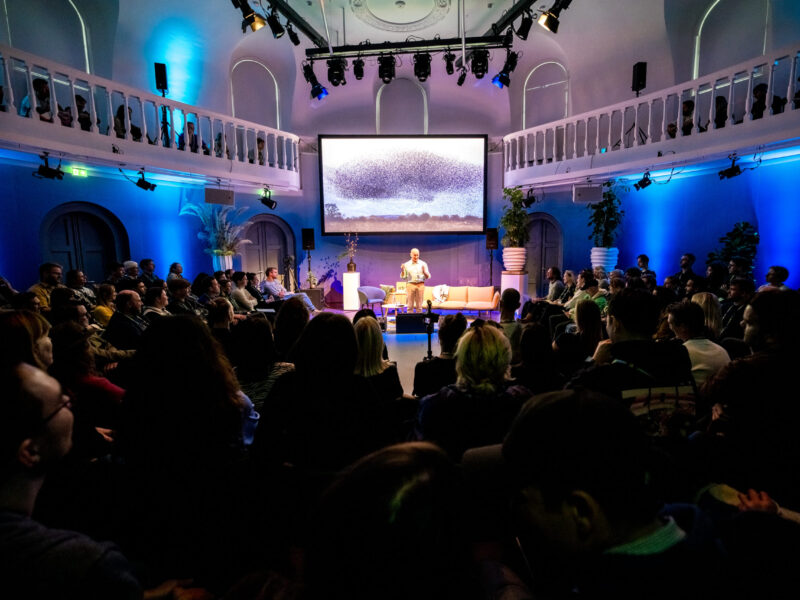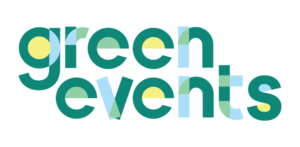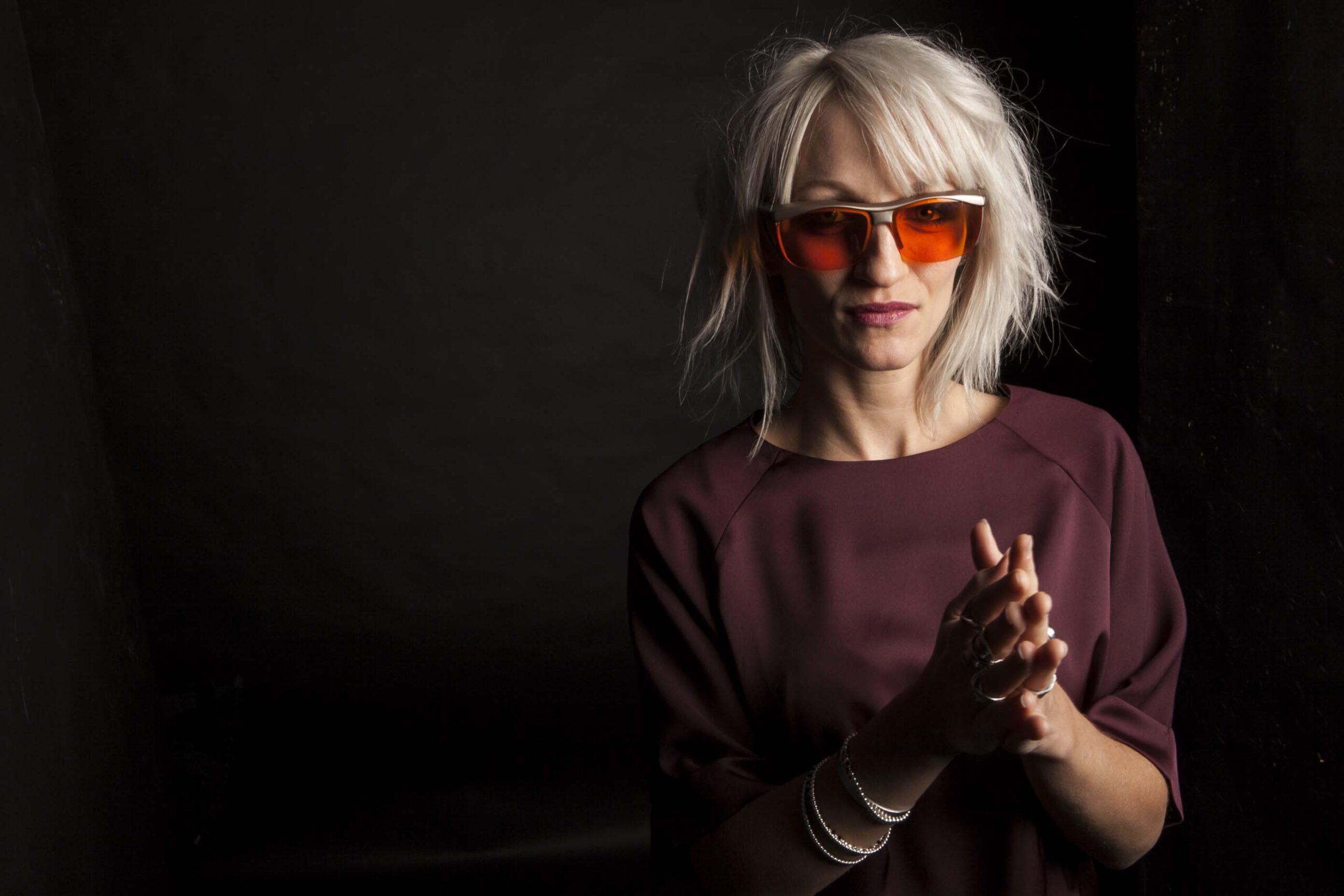
All the world’s a stage, deserving access for all
Words by Niels Arnbak and Luise Härtel. Images by STRAF_WERK and Ricardo Tamayo.
Inclusion is a big buzzword in today’s society, and that includes the talk in the event industry. But how do we really walk the talk and improve the accessibility of events? As you’ll discover in this article, it all starts with a change of perspective.
It’s a different experience
If you are reading this, then you are probably really into events and festivals, attending them on a regular basis, professionally or otherwise. Now imagine that you wake up one day and you cannot go to your beloved events anymore. Not because they don’t happen, but because you can’t access them properly or simply can’t find enough information on how to access them. That hardly sounds fair, right? Yet this is the reality for numerous individuals with disabilities.
Unfair enough
We cannot ignore that most events aren’t designed to be accessible for everyone, and that there are a whopping one billion people worldwide who experience some form of disability, whether that’s from birth, or acquired later in life. Yes, that’s roughly 15% of the world population without proper access to most events and festivals, simply because they aren’t set up with accessibility in mind. It’s about time to make their lives more eventful. It begs the question: How can event professionals step up their game towards more accessible events? It all starts with seeing disability in a different way…
From medical to social
One way of looking at disability is through the medical model that classifies people as disabled by their impairments or differences. In this view ‘wrongs’ should be ‘fixed’ through treatments, even if there is no pain or illness involved. In real life, this approach completely neglects the individual’s needs, leading to loss of independence, choice and control over their own lives. Because this model wasn’t helpful in explaining their personal experience or in developing more inclusive ways of living, people with disabilities came together and developed the social model, which says that disability is caused by the way society is organized, rather than by a person’s impairment or difference. It seeks to remove barriers that restrict life choices and opportunities for people with disabilities.
Making a difference: moving away from the differences
Following the social model, disabilities at events are really caused by how they are organised. Event organizations have the opportunity to redesign and reassess events with every upcoming edition. It is a unique position to adopt the social model and move towards more empowering ways to deal with disability. First steps could be providing audio recordings on event websites for the visually impaired, or installing ramps on-site for wheelchair access. Meanwhile, the simplest inclusive measures can unintentionally lead to exclusion instead. For example, a special wheelchair stage viewing platform should also be accessible to friends, or they will end up separating at the event. That’s no fun for anyone!
Artists deserve better too
Looking at the people on stage, there is room for improvement as well. A recent survey found that 70% of artists who have access requirements withhold that information from promoters, venues and festivals, fearing this could negatively impact their relationship with them. This means that they are compromising their health or wellbeing to perform live. A quick-win for these artists is to include accessibility requirements in their artist riders, as outlined in this report by the Musicians’ Union. If Afrojack can put a Bugatti Veyron or a Spyder on his rider to access a gig, then surely a person with disabilities can ask for a step-free entrance to the stage, dressing rooms or bathrooms?
“I find it easier to take the necessary lights that I need with me to my gigs these days… There have been times in the past where the event organisers haven’t provided the requirements on my rider and I haven’t been able to perform comfortably and with confidence – so it’s proved to be safer this way. It’s a tricky balance to strike: you don’t want to be a hassle or inconvenience and have anything get in the way of you being booked to play somewhere again.”
– Laura Jones
Guiding events towards accessibility
The aforementioned survey was conducted by Attitude is Everything, a British disability-led charity. In response to their findings, they created the ‘Just Ask’ guide that aims to set a standard for working together across the live music industry in order to meet the access requirements of artists and crew. Over here in The Netherlands, Handicap NL recently collaborated with Green Events on the Onbeperkt Feest Pledge. It’s a program that raises awareness amongst organizers about people with a disability through comms, ticketing, on-site facilities and other options in the field of mobility. All things considered, there’s movement in the right direction!
Get with the program
Want to work towards accessibility for all? Then join us at ADE Green for the launch of Onbeperkt Feest (translated Unlimited Party) in Felix Meritis our workshop on how to make your event more immersive and inclusive, presented to you by Revelland, featuring Nikki Manuputty and Marianne Dijkshoorn as facilitators in Huis Vasari on Friday 21st October. Find more information about the accessibility of ADE Green, get in touch with us for questions and request Extra Care here.


